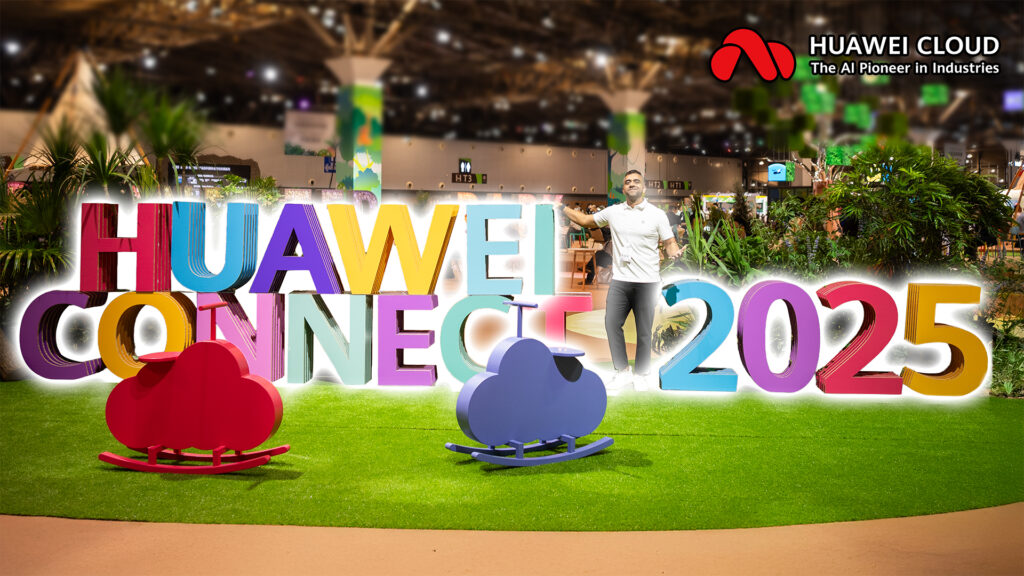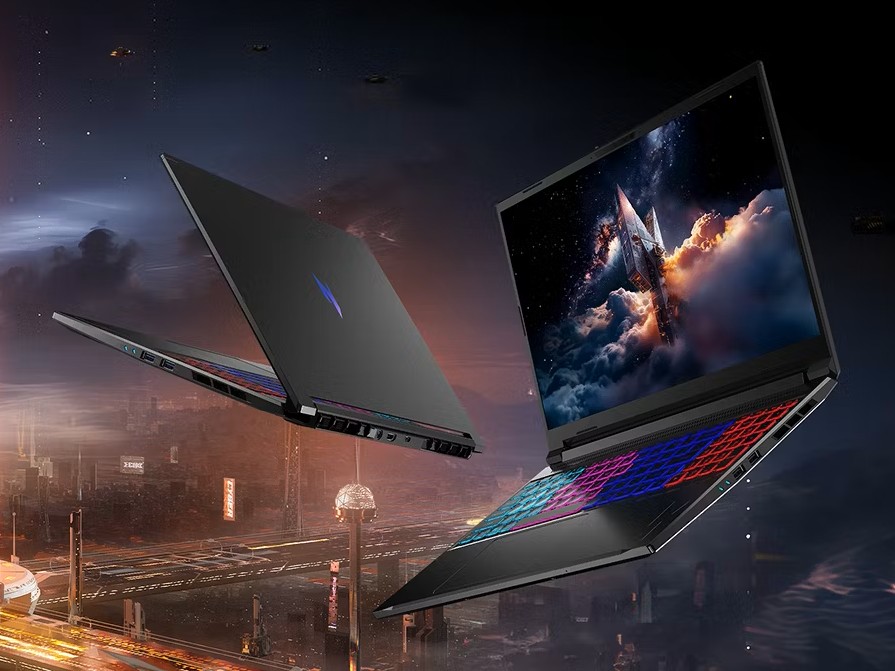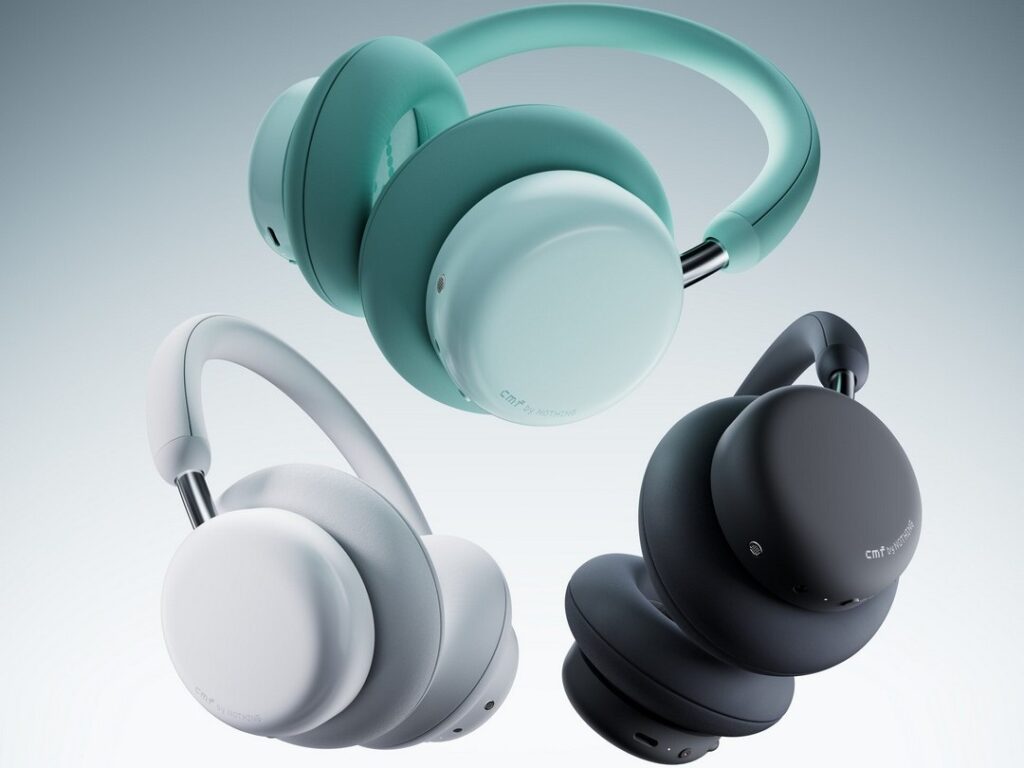HUAWEI has officially announced its highly anticipated next-generation artificial intelligence (AI) chip, the Ascend 920, at a recent partner conference. This strategic move comes at a crucial time as new export restrictions are expected to significantly impact the availability of NVIDIA’s H20 chips in the Chinese market.
Ascend 920: A Formidable Contender in the AI Chip Arena
According to reports from DigiTimes Asia, mass production of the HUAWEI Ascend 920 is slated for the latter half of 2025. Industry experts suggest that this powerful new chip could effectively replace the NVIDIA H20, a popular albeit less advanced option that Chinese companies have relied on despite the availability of NVIDIA’s more cutting-edge AI accelerators.
NVIDIA’s H20 chip sales to China have reportedly been booming, experiencing a remarkable 50% quarter-over-quarter growth. However, this success story is expected to end as the company anticipates a substantial $5.5 billion write-off due to the impending export restrictions.
HUAWEI Seizes the Opportunity to Challenge NVIDIA’s Dominance
This situation presents a significant opportunity for HUAWEI, which has been diligently working to develop AI chip capabilities that can rival those of NVIDIA for several years. Their current flagship AI chip, the Ascend 910C, reportedly offers around 60% of the inference performance of NVIDIA’s high-end H100.
The next-generation Ascend 920 promises a significant leap in performance. Built on a 6 nm process node, it is projected to deliver over 900 TFLOPs per card. It also boasts an impressive 4 TB/s memory bandwidth, made possible by high-bandwidth memory 3 (HBM3) modules. The Ascend 920C variant is specifically designed for Transformer and Mixture of Experts models. It is expected to deliver a significant efficiency improvement of 30% to 40% over its predecessor.
Strategic Timing Amidst Export Control Changes
The unveiling of the Ascend 920 has taken some industry observers by surprise. This is especially true given the timing, which came shortly after the White House announced stricter export controls targeting NVIDIA’s H20 and AMD’s MI308 chips. Interestingly, reports suggest that a planned ban on H20 exports was temporarily paused. This delay reportedly followed a conversation between NVIDIA CEO Jensen Huang and the president. However, the broader expansion of export regulations has been in the works for several months. This suggests that HUAWEI was likely anticipating these developments.
This foresight suggests that HUAWEI has been actively developing the Ascend 920 for some time. The company appears to have anticipated potential restrictions. As a result, it has been strategically waiting for the right moment to announce its powerful new offering.
HUAWEI’s AI Ecosystem Expansion: Introducing AI CloudMatrix 384
In addition to the Ascend 920 chip, HUAWEI also introduced its AI CloudMatrix 384 solution at the same partner conference. This rack-scale solution reportedly delivers even greater performance than NVIDIA’s GB200. It comes with higher power consumption. However, it is still likely to attract significant interest from Chinese companies looking for powerful AI infrastructure solutions. This is especially true as neighboring countries like Singapore and Malaysia are stepping up efforts to stop the smuggling of sanctioned chips into China.




